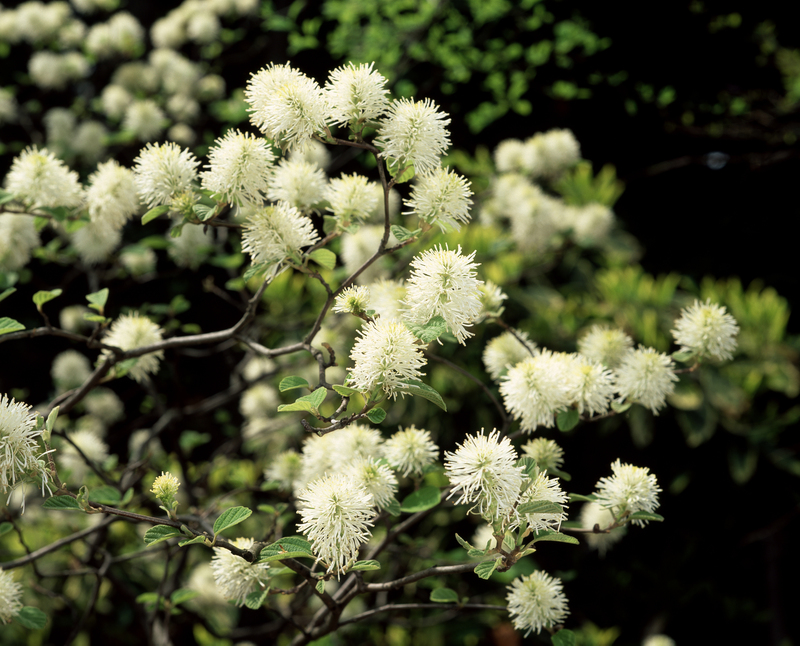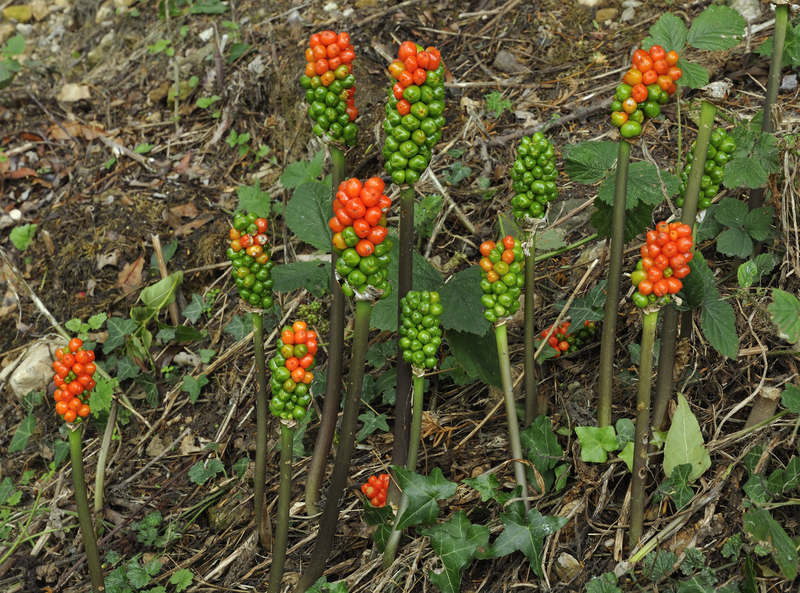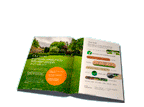Choosing the Right Time for Garden Manure
Posted on 24/05/2024
Growing a healthy and productive garden often boils down to proper soil management. One key component of this is the application of garden manure. Manure is a valuable soil amendment that enriches the garden with vital nutrients and enhances soil structure. However, choosing the right time to apply manure is crucial for maximizing its benefits and mitigating potential drawbacks. In this article, we explore the best timing for garden manure application, along with some helpful tips, the pros and cons, and key takeaways.
Understanding the Role of Manure in Gardening
Before diving into the best timing for manure application, it is essential to understand why manure is beneficial for your garden. Manure provides organic matter and nutrients such as nitrogen, phosphorus, and potassium, which are vital for plant growth. It also improves soil aeration, water retention, and microbial activity, all of which are crucial for healthy plants.

When to Apply Garden Manure
Fall Application
Fall is often considered a prime time for applying manure. Spreading manure in the fall allows it to break down over the winter months, enriching the soil by the time spring planting rolls around. This period also gives the manure time to go through necessary sanitization processes, reducing the risk of transmitting pathogens.
Spring Application
Applying manure in the spring is another common practice. However, it's essential to ensure that the manure is well-composted to avoid burning young plants with excessive nutrients. Spring application is advantageous for nutrient availability, as plants can immediately utilize the nutrients provided.
Mid-Season Application
For some crops, a mid-season application might be beneficial, particularly for long-growing plants like tomatoes and corn. A light top-dressing of well-aged manure can provide a nutrient boost during critical growth phases. However, care should be taken to avoid root damage.
Seasonal Considerations
The timing of manure application can also depend on local climate and seasonal weather conditions. Wet seasons could lead to nutrient leaching, while overly dry conditions might hinder the decomposition process. Thus, understanding your local climate helps in optimizing manure usage.
Important Tips for Applying Manure
1. Composting Manure: Ensure manure is well-composted to kill pathogens and weed seeds. Fresh manure can present risks to both plants and human health.
2. Proper Spread: Spread manure evenly to avoid nutrient hotspots. An even distribution ensures balanced soil fertility.
3. Avoid Over-Application: Apply manure at recommended rates to prevent soil nutrient imbalances and potential negative impacts on plant growth.
4. Incorporate Manure: Incorporate manure into the soil rather than leaving it on the surface. This helps in quicker breakdown and reduces odor.
5. Testing Soil: Regularly test your soil to understand its nutrient composition. This helps in applying the appropriate amount of manure.
The Pros and Cons of Using Garden Manure
Pros:
- Nutrient-Rich: Manure adds essential nutrients to the soil, promoting vigorous plant growth.
- Soil Structure Improvement: Enhances soil structure, promoting good drainage and aeration.
- Organic Matter: Increases the organic matter content of the soil, fostering a healthy soil ecosystem.
- Sustainability: Utilizes waste products effectively, contributing to sustainable farming and gardening practices.
Cons:
- Pathogens and Pests: Fresh manure can harbor pathogens and weed seeds, posing risks to plants and humans.
- Odor: Manure can have a strong odor, especially when fresh.
- Nutrient Balance: Over-application can result in nutrient imbalances and potential negative effects on plant health.
- Application Timing: Requires careful timing to prevent nutrient leaching and maximize benefits.

Key Takeaways
- Applying manure in the fall allows it to break down and enrich the soil by spring.
- Spring application should involve well-composted manure to avoid plant damage.
- Mid-season applications can benefit long-growing crops but need careful management.
- The timing of manure application should consider local climate and seasonal conditions.
- Proper composting, spreading, incorporating, and soil testing are crucial for effective manure use.
Conclusion
Choosing the right time for garden manure application can significantly impact your garden's productivity and health. By understanding the best times to apply manure and following expert tips, you can optimize your garden's soil conditions and promote sustainable gardening practices. Whether you opt for fall, spring, or mid-season applications, always ensure your manure is well-composted, evenly spread, and appropriately managed to harvest the best garden yields.





 Certified and experienced landscapers
Certified and experienced landscapers



 Get a Quote
Get a Quote